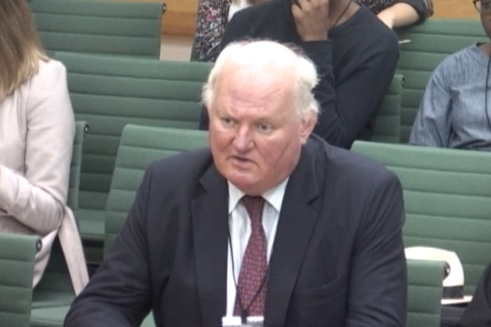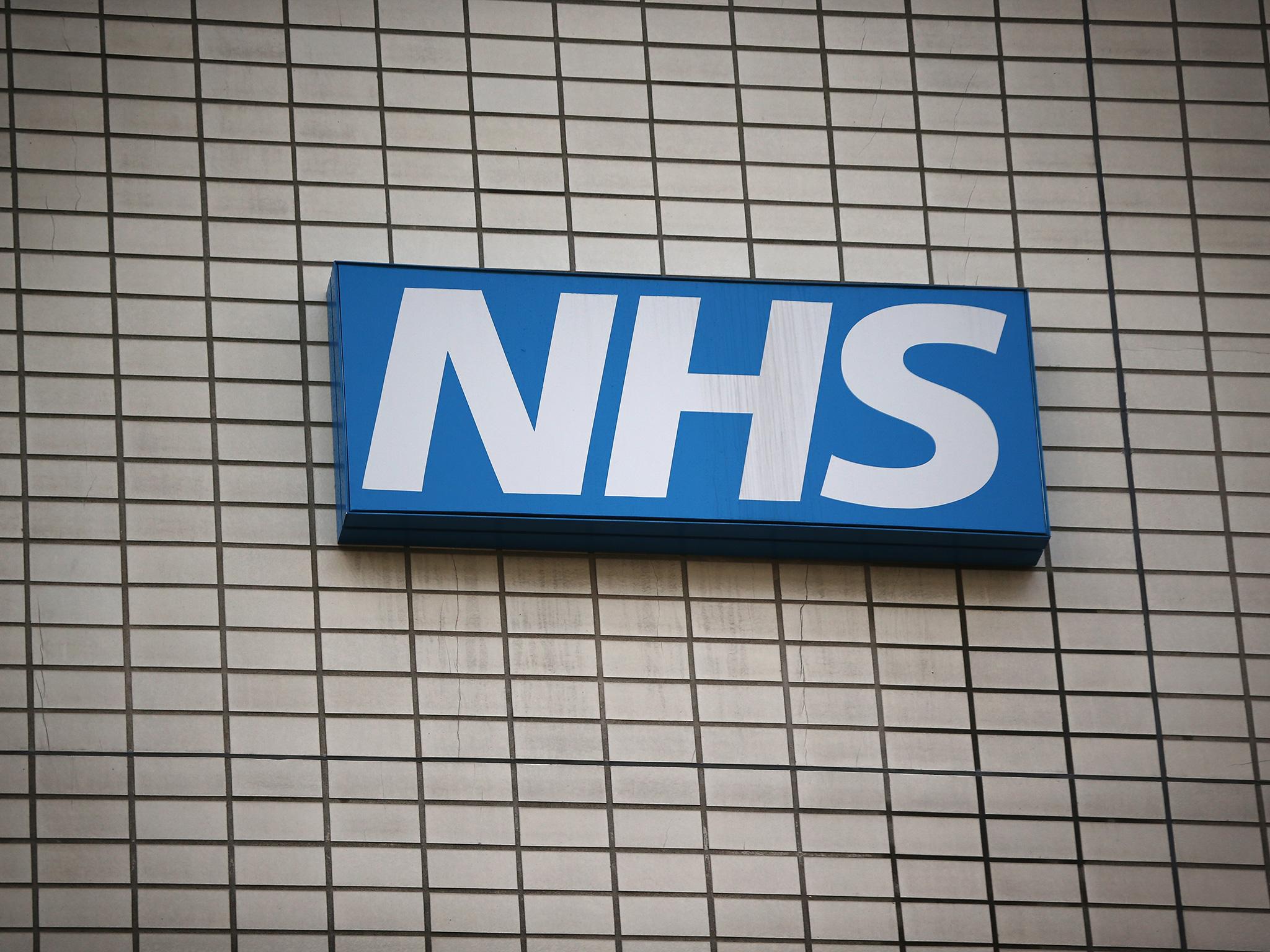The National Health Service is failing transgender people and is not treating them equally with other patients, medical chiefs have said.
Dr John Dean, the chair of the NHS England committee on gender identity services, said clinicians’ training rarely covered gender identity issues in detail and that it was having a worrying effect on access to healthcare.
“People working in the service try to be emphatic and sympathetic but they lack a great deal of background knowledge,” he told MPs at a hearing of parliament’s equality committee.
“It is something not covered in medical training … they get very little training about gender identity and development and the different experiences people have.
“Trans people are people and want to be treated like people and want to be able to access healthcare in parts of the NHS just like other people.”
The senior doctor recommended that the General Medical Council make awareness of trans issues a “fundamental part of medical training”.

Representatives from charities that assist people who change their gender described a system that was hampered by a lack of understanding and sometimes hostility.
“You find a lot of trans people are passed from pillar to post, a lot of GPs deny healthcare to trans people illegally based on the fact that they don’t agree with the choices that they’ve made,” said Jess Bradley from the Action for Trans Health Committee.
She said the group had received reports of some people being subjected to “unnecessary genital examinations as a result of clinicians’ curiosity”.
Terry Reed of the Gender Identity Research and Education Society cited an occasion on which a doctor had refused to treat someone on religious grounds.
“That’s relatively rare that someone would say that out loud, but they did,” she said,
Steve Shrubb, the chief executive of the West London Mental Health NHS Trust, which runs one of the UK’s biggest gender identity clinics, said people who changed their gender identity were not being treated equally.
“As people go through our system I don’t believe there is equality and whether it’s through lack of knowledge or peoples’ own views service users tell me that it can feel as if they are not being treated equally,” he explained, adding that some clinicians did however “go the extra mile”.
He said people referred to his service were currently waiting between 12 and 18 months and that there was a bottleneck in treatment. “Where else would it be acceptable for someone to wait 18 months?” he said.
In a pamphlet aimed at medical professionals the Gender Identity Research and Education Society says that “for some trans people, the National Health Service has at time unfortunately contributed towards anguish and distress”.
The organisation cites research from February 2007 that suggests that almost 20 per cent of trans people has faced disruption to their healthcare by GPs who knew they were trans.
60 per cent of trans people in the same survey said they thought their GPs and other clinicians wanted to be more helpful but felt unable to do so because of a lack of adequate training and information.

Join our commenting forum
Join thought-provoking conversations, follow other Independent readers and see their replies
Comments